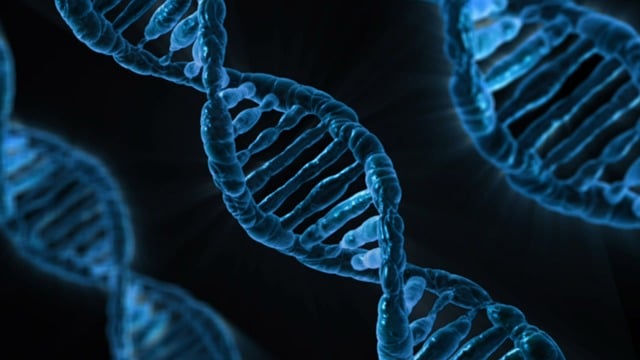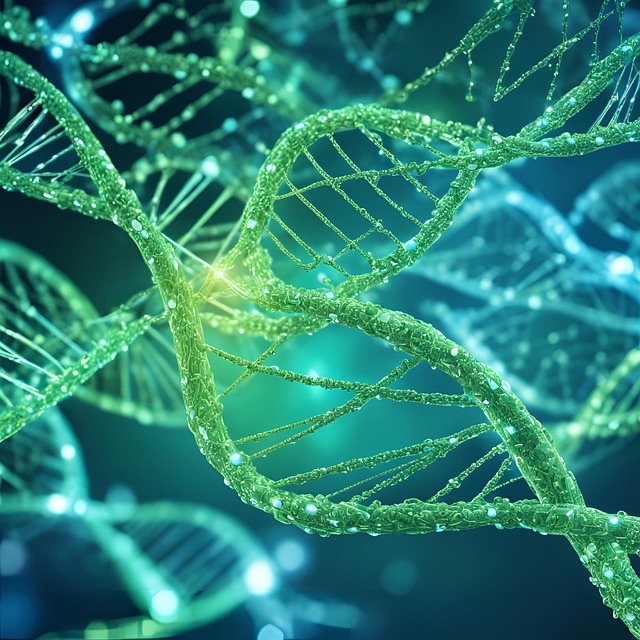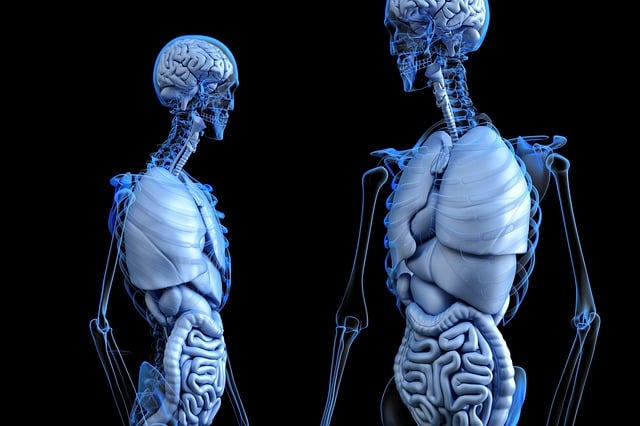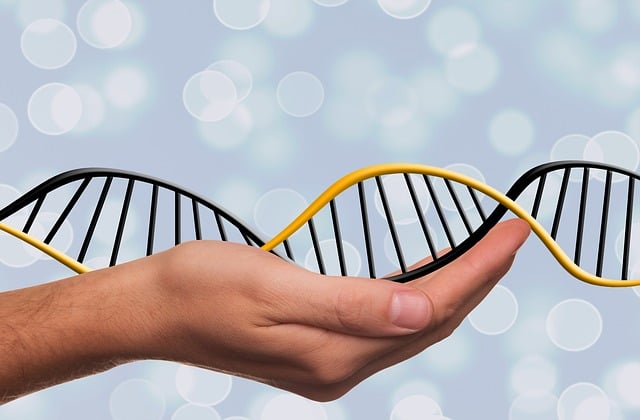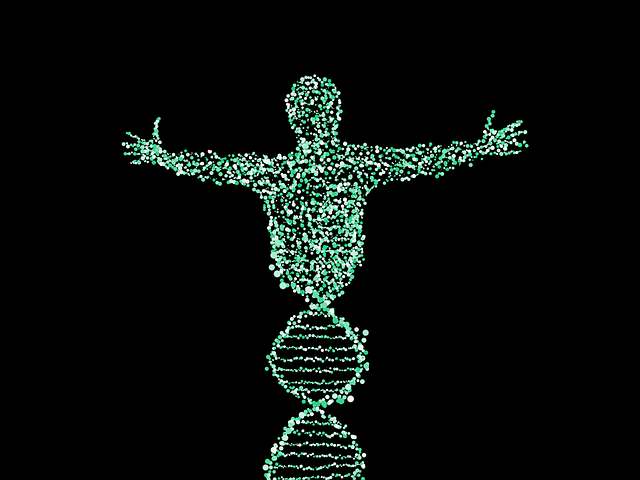Emily Kramer-Golinkoff, who suffers from advanced cystic fibrosis, faces daily challenges that make even the simplest tasks like walking or showering exhausting. Cystic fibrosis, the most common fatal genetic disease in the United States, affects 40,000 people there, but Emily’s case is particularly rare. Due to a unique genetic mutation, she is unable to benefit from the treatments that work for 90% of other cystic fibrosis patients. While advances in genetic science have paved the way for promising therapies, individuals with rare mutations like Emily’s have fewer treatment options and poorer prospects.
++ Starmer and Zelensky vow to push forward in pursuit of Ukraine peace deal
The problem lies not only in science but also in market dynamics. Drug companies typically focus on treatments for the most common mutations, as large patient populations are needed to justify the development of new drugs. Dr Kiran Musunuru, a gene editing expert at the University of Pennsylvania, refers to this as “mutational discrimination.” However, charities like Emily’s Entourage are striving to overcome these barriers, raising funds for gene therapy trials that could help patients, regardless of their genetic mutation. While these therapies are still years away, Kramer-Golinkoff notes that the very presence of such treatments in trials offers a glimmer of hope.
Cystic fibrosis itself causes the CFTR protein to malfunction, leading to thick mucus build-up in the body, which can result in damage, infections, and respiratory issues. Emily was diagnosed at just six weeks old and, despite her best efforts, her condition has progressively worsened over time. Thanks to groundbreaking “CFTR modulator” therapies, many patients with the most common mutation have seen significant improvements in their health, but these treatments are not effective for those with rare mutations. In addition, patients whose mutations are not yet understood or detected, particularly in developing countries, are often left without viable options.
++ Analysing the Trump-Putin dynamic: a diplomatic performance or power play?
One promising solution is the development of “mutation agnostic” gene therapies, which target all patients with a disease, regardless of the specific mutation they carry. The Cystic Fibrosis Foundation is supporting several experimental gene therapies in clinical trials, aiming to deliver a corrected version of the CFTR gene to cells. These therapies could potentially enable cells to produce functional proteins, regardless of the mutation. Emily Kramer-Golinkoff, though facing severe health challenges, is optimistic about the future of gene therapies, despite her declining lung function. With hope on the horizon, she remains determined to see these life-saving treatments become a reality.
